
Reusable decentralized identity wallets are rapidly becoming the linchpin of seamless DeFi and stablecoin access, marking a fundamental shift in how individuals manage their digital credentials across blockchain ecosystems. Instead of repeatedly submitting personal information for every decentralized finance platform or stablecoin service, users can now verify their identity once and instantly reuse those credentials wherever they’re needed. This approach not only accelerates onboarding but also puts control and privacy back into the user’s hands.
![]()
Simplified DeFi Onboarding Through Self-Sovereign Identity
Traditional DeFi onboarding is notorious for its friction: every new platform demands fresh KYC checks, scattering sensitive data across multiple databases. Reusable decentralized identity wallets solve this by letting users store verifiable credentials, such as proof of age, residency, or accredited investor status, directly in their wallet. When accessing a new protocol, the user simply presents these credentials, often via zero-knowledge proofs that confirm eligibility without exposing private details.
This model eliminates redundant KYC processes and significantly reduces onboarding times. For example, idOS Network’s infrastructure empowers users to complete verification once and then interact with countless DeFi services without resubmitting documents or waiting for approval. The result is a smoother experience that encourages broader participation while minimizing the risk of data leaks.
Interoperability Across Chains and Protocols
One of the most compelling aspects of these wallets is their chain-agnostic design. Chain-agnostic identity credentials mean that once your identity is verified on one network or app, you can use it virtually anywhere, Ethereum lending protocols, Solana-based DEXs, Polygon NFT marketplaces, and beyond. This interoperability is powered by open standards like W3C DIDs and verifiable credentials.
The Concordium ZKP framework exemplifies this trend by anchoring cryptographic verification at the protocol level. Every wallet is bound to a trusted identity provider but remains pseudonymous during regular transactions. This means users can interact with multiple platforms without ever revealing more than necessary, a breakthrough for both privacy advocates and compliance teams.
Key Benefits of Reusable Decentralized Identity Wallets in DeFi
-
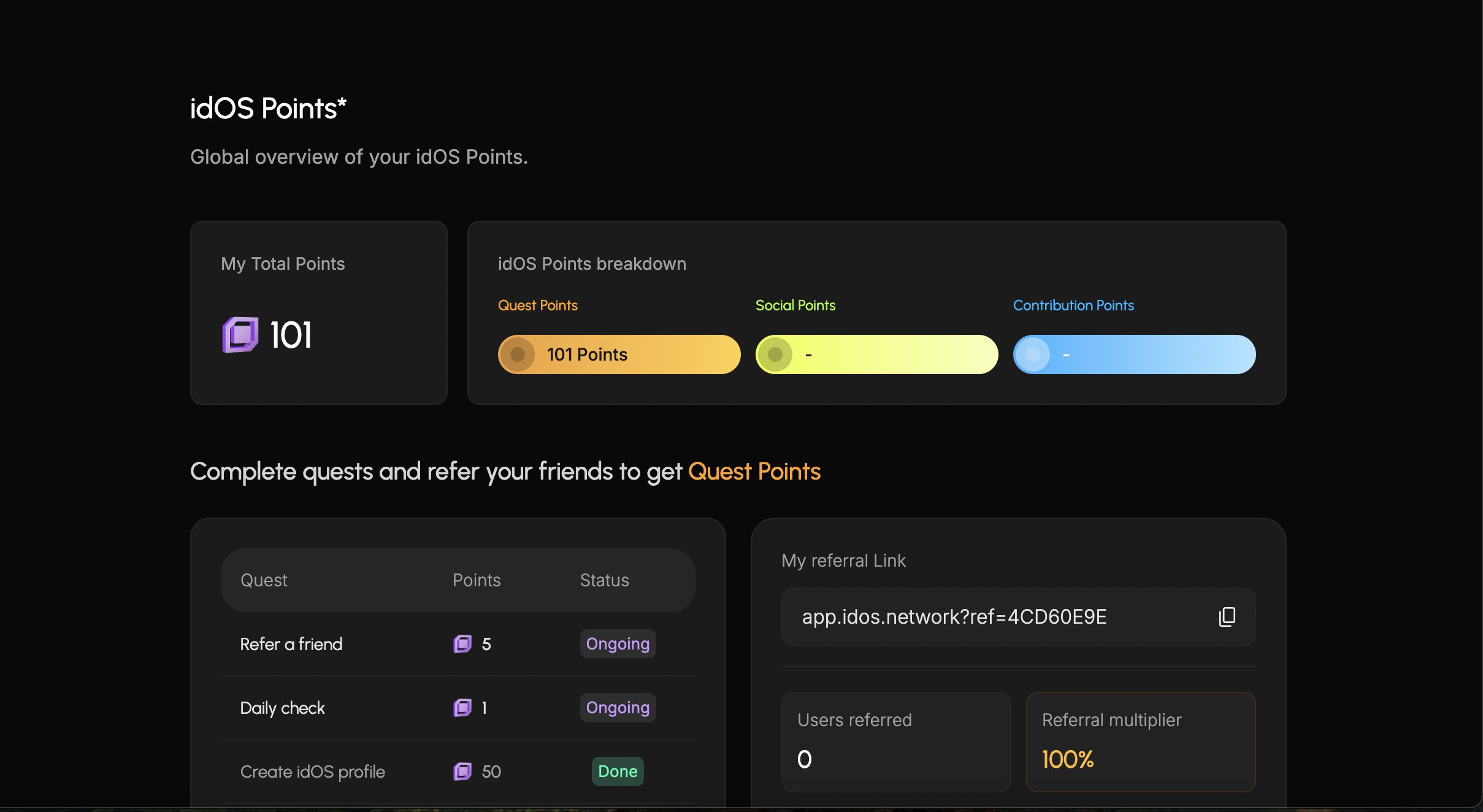
Simplified Onboarding and Enhanced Privacy: Reusable decentralized identity wallets, such as idOS Network, allow users to verify their identity once and reuse credentials across multiple DeFi platforms. This eliminates repetitive KYC processes and minimizes exposure of sensitive data, significantly reducing onboarding friction and privacy risks.
-
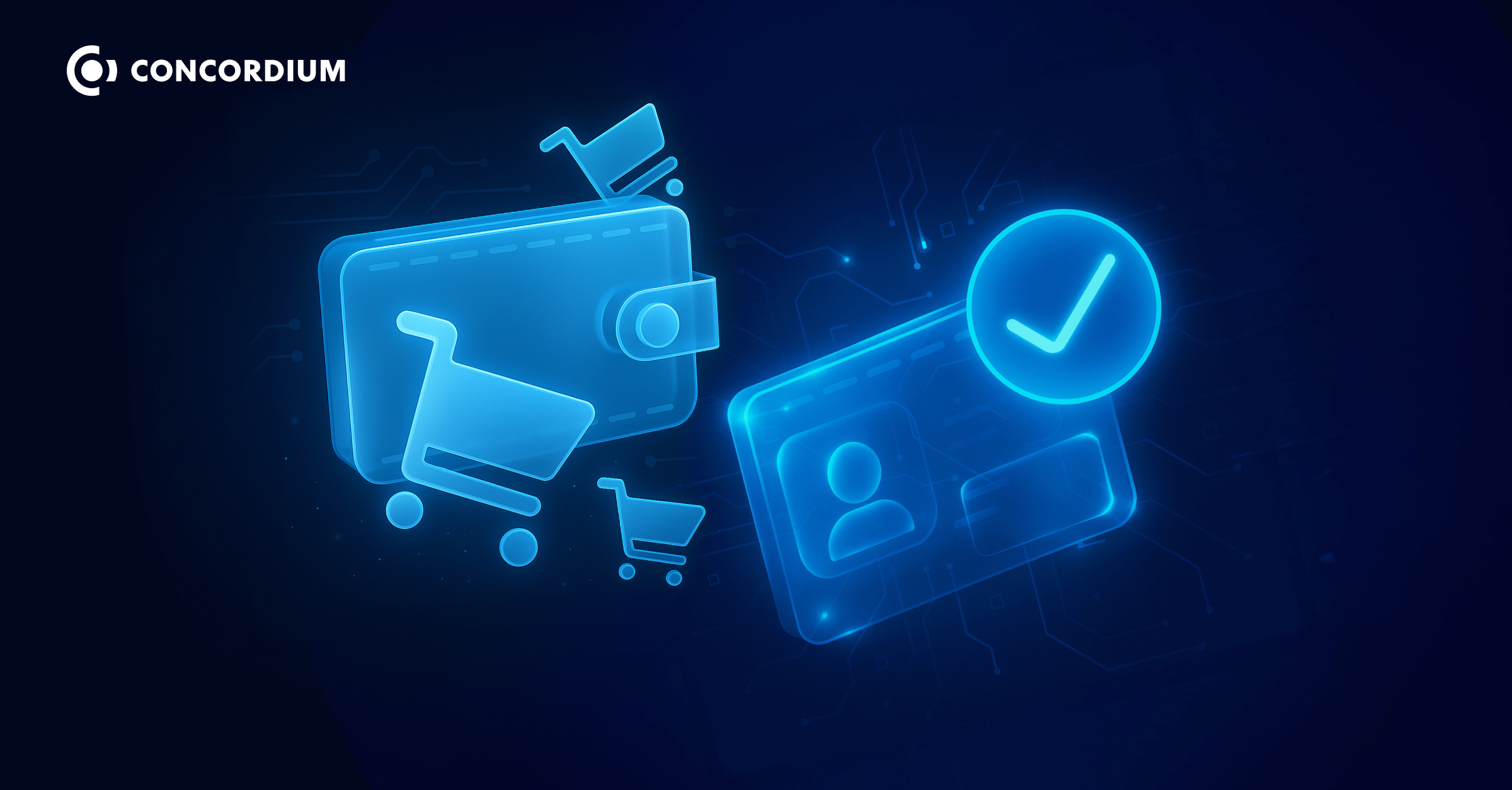
Interoperability Across DeFi Platforms: Solutions like Concordium’s ZKP identity framework enable seamless interaction with various DeFi applications. Users can access lending, borrowing, and trading services without redundant verifications, fostering a more cohesive and user-friendly DeFi ecosystem.
-

Enhanced Security and User Control: Decentralized identity wallets such as Altme Wallet empower users to manage their identity data, set access permissions, and leverage zero-knowledge credentials. This approach reduces reliance on centralized authorities and mitigates risks of data breaches.
-
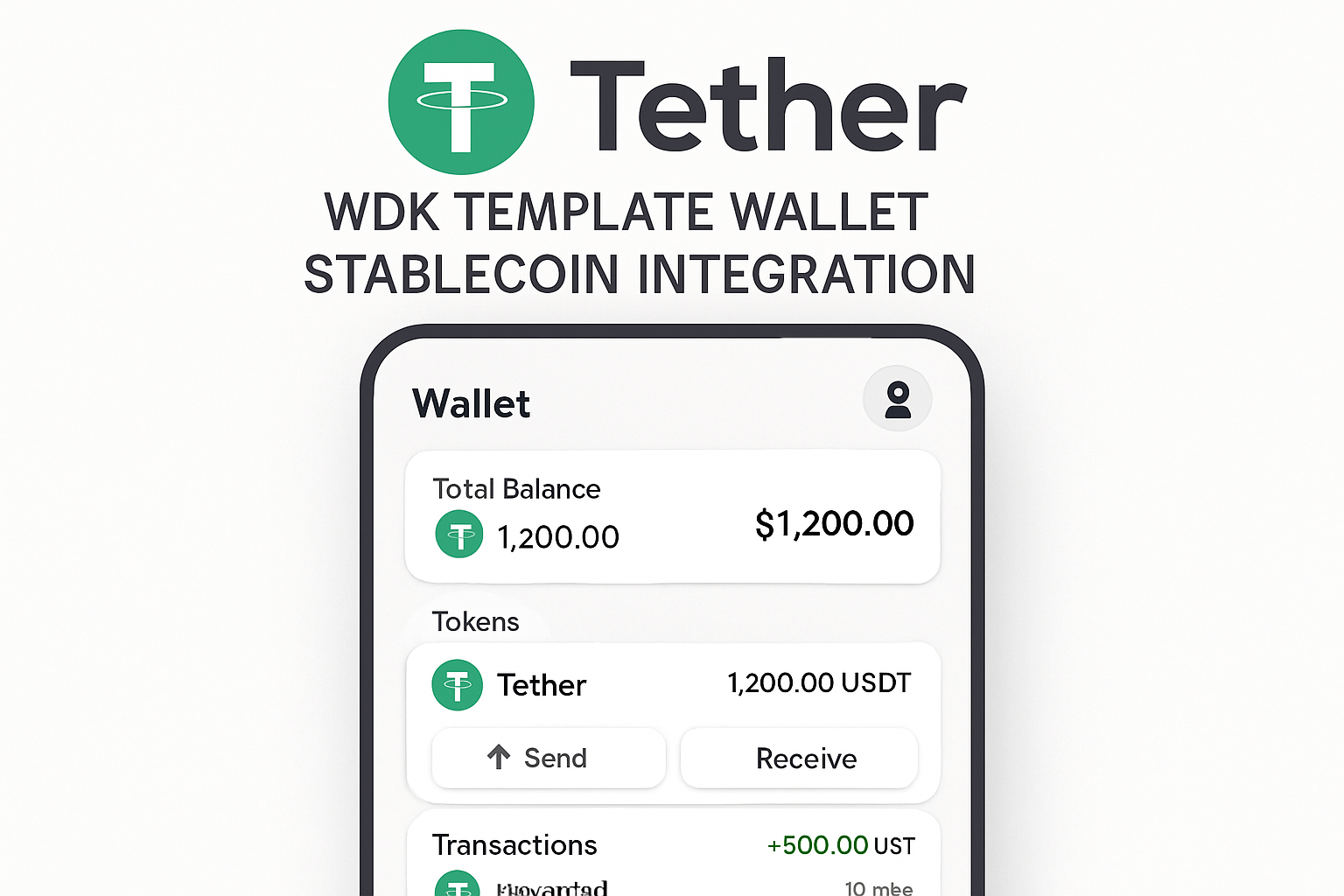
Facilitating Stablecoin Transactions: Platforms like Tether’s WDK Template Wallet integrate reusable identity solutions, enabling users to transact with stablecoins across DeFi platforms without repeated KYC. This streamlines stablecoin usage and supports broader DeFi adoption.
-

Self-Sovereign Identity and Data Minimization: Reusable decentralized identity wallets give individuals full ownership of their credentials, allowing them to share only necessary information. This self-sovereign approach, highlighted by projects like EarthID, enhances privacy and puts users in control of their digital footprint.
User Control Meets Enhanced Security
The shift from centralized KYC databases to self-sovereign wallets also marks a leap forward in security. Now, individuals decide exactly what information to share and with whom. Credentials can be revoked at any time if compromised or no longer needed, a crucial feature given the persistent threat of data breaches in Web3.
Wallets like Altme are integrating zero-knowledge proofs, allowing users to prove facts about themselves (like being over 18) without disclosing unnecessary personal details (like exact birthdate). By combining privacy-preserving technology with granular permission controls, these next-generation DID wallets set a new standard for both user empowerment and regulatory compliance.
The Stablecoin Connection: Frictionless Transactions
Stablecoins are central to most DeFi activity, yet regulatory scrutiny often leads to fragmented KYC experiences across platforms. With stablecoin KYC wallets, users can move between exchanges, lending pools, or payment services using a single verified identity, no repeated paperwork required. Tether’s WDK Template Wallet demonstrates how non-custodial solutions can streamline USD₮ transactions while reinforcing both sovereignty and compliance for end-users.
As the adoption of reusable decentralized identity wallets accelerates, we’re witnessing a shift in how stablecoin transactions and DeFi participation are facilitated. These wallets not only reduce onboarding friction but also enable users to maintain privacy and control, core tenets of the self-sovereign identity movement. This is particularly impactful for global users seeking access to dollar-denominated assets or DeFi protocols without the burden of repeated documentation uploads or lengthy verification cycles.
Emerging solutions like idOS and EarthID are leveraging advanced cryptography, including Multi-Party Computation (MPC) and zero-knowledge proofs, to ensure that identity data remains both secure and portable. Users can transact confidently, knowing their credentials are valid across multiple platforms while never being exposed to centralized honeypots vulnerable to attack.
Real-World Impact: Use Cases and Adoption Trends
The practical benefits of reusable DID wallets are increasingly evident in real-world deployments:
Real-World Use Cases for Reusable DID Wallets in DeFi & Stablecoins
-
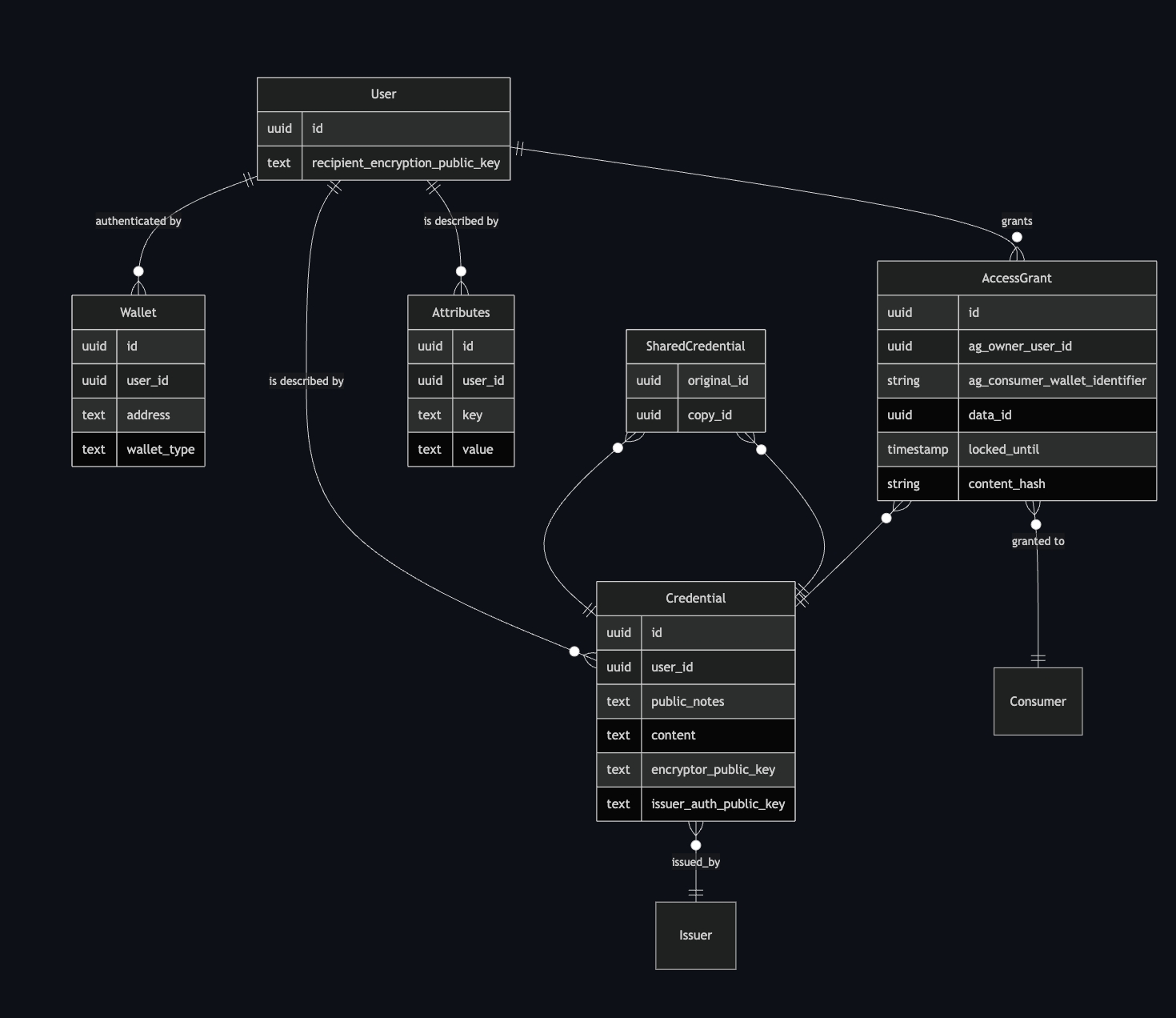
Streamlined DeFi Onboarding with idOS Network: idOS Network enables users to complete identity verification once and reuse their credentials across multiple DeFi platforms, eliminating repetitive KYC processes and reducing onboarding friction. Learn more
-
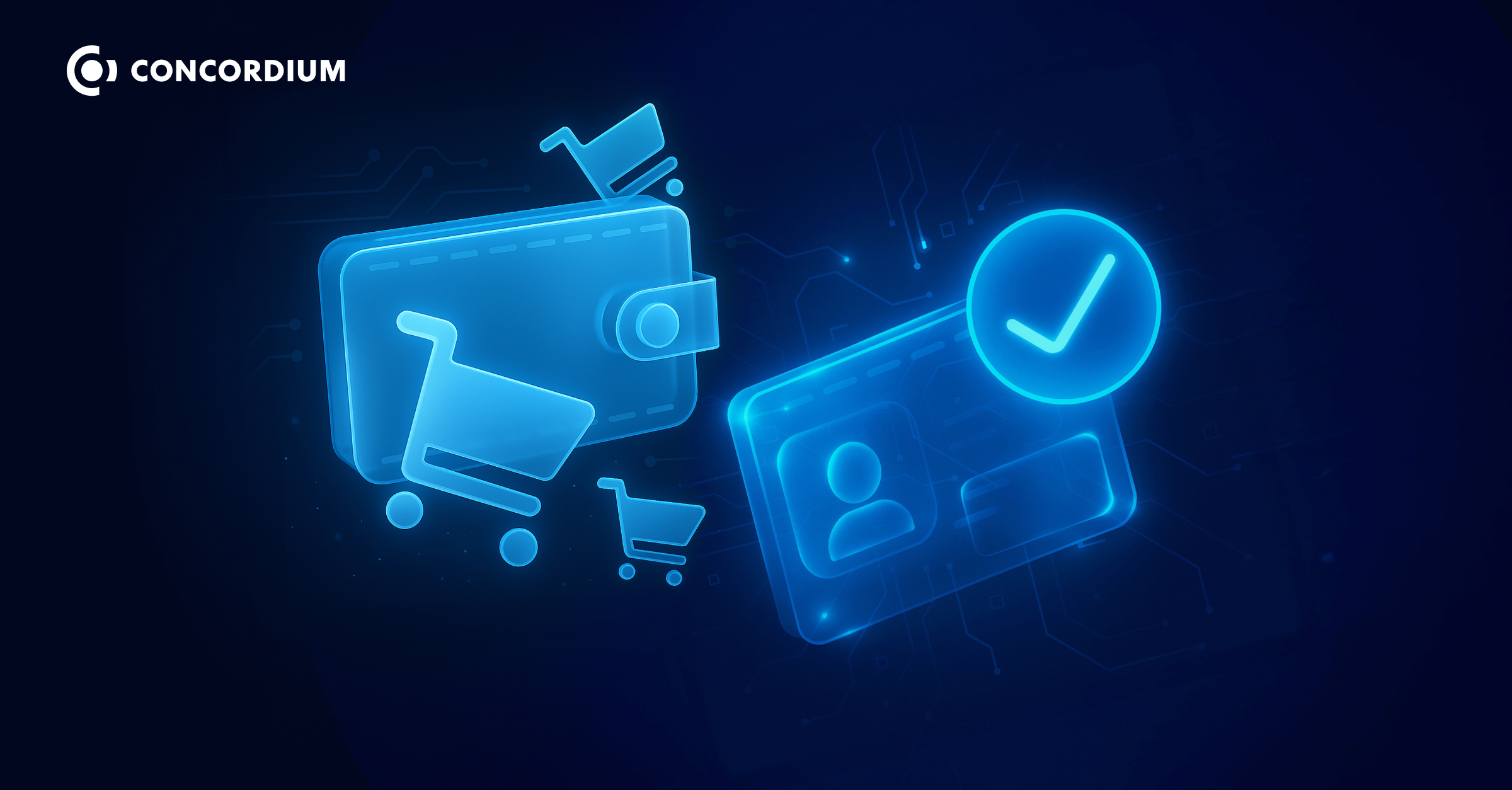
Interoperable Access Across DeFi Apps via Concordium: Concordium’s ZKP identity framework allows users to interact with various DeFi services using a single, protocol-level verified identity, enhancing privacy and reducing the need for repeated verification. Discover Concordium ZKP identity
-
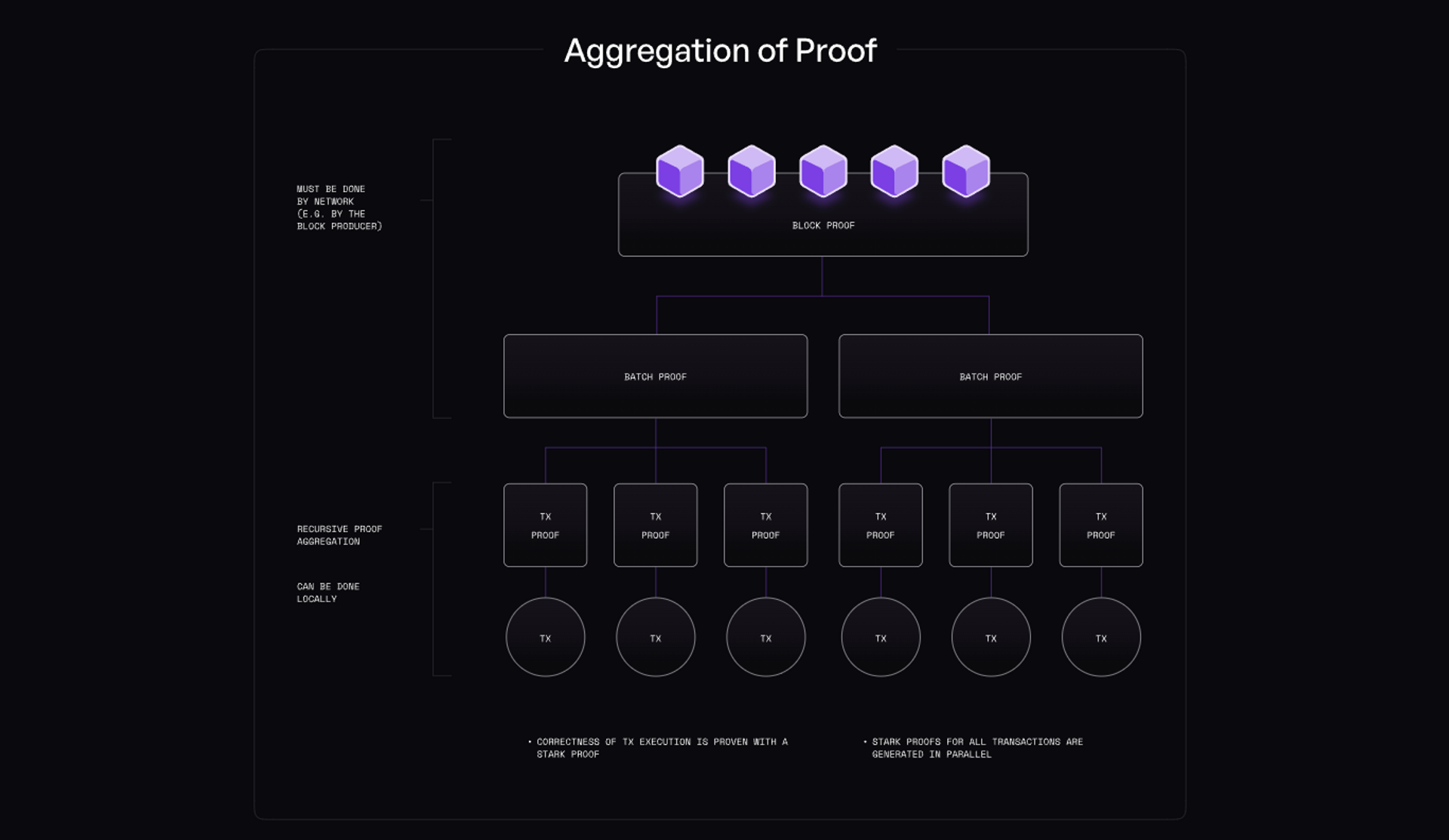
Privacy-Preserving Credentials with Altme Wallet: Altme wallet integrates Zero-Knowledge credentials, letting users prove their eligibility or identity for DeFi participation without exposing sensitive personal information, thus enhancing both privacy and compliance. Explore Altme wallet ZK credentials
-

Unified Stablecoin Transactions Using Tether WDK Template Wallet: Tether’s WDK Template Wallet provides a non-custodial, open-source toolkit that allows users to transact with USD₮ and Bitcoin in DeFi apps, leveraging reusable identity for seamless and secure stablecoin operations. See Tether WDK in action
-

Reusable On-Chain KYC with Blockpass: Blockpass delivers On-Chain KYC® 2.0, enabling users to maintain a verified, reusable digital identity through on-chain attestations, streamlining compliance for DeFi and stablecoin platforms. Read about Blockpass On-Chain KYC
For instance, neobanks built on idOS infrastructure can offer fully decentralized onboarding, secure data management, and seamless user experiences, all while adhering to regulatory requirements. Platforms employing On-Chain KYC® 2.0 by Blockpass have demonstrated how verified identities via on-chain attestations dramatically cut down onboarding times for new DeFi users.
This evolution is not just about convenience; it’s about unlocking new markets. With more efficient KYC processes, underbanked populations can access stablecoins for remittances or savings, while institutional players enjoy streamlined compliance checks when entering DeFi lending or liquidity pools.
The Road Ahead: Challenges and Opportunities
Despite rapid progress, several hurdles remain before self-sovereign identity in DeFi becomes ubiquitous. Interoperability standards must continue evolving so that credentials issued on one network are universally accepted elsewhere. User education is also critical, understanding how to manage permissions and revoke credentials is essential for maintaining both privacy and security.
The next wave will likely see deeper integration between DID wallets, zero-knowledge technology, and smart contract logic. Imagine a future where every stablecoin transfer or loan origination is instantly compliant yet fully private, no more trade-off between usability and security.
Explore Further: Decentralized Identity Transforming Onchain KYC and Web3 Banking
If you’re interested in the technical foundations or want to see more case studies on adoption trends, check out our deep dive at How Reusable Decentralized Identity Wallets Are Transforming Onchain KYC And Web3 Banking.
The momentum behind reusable decentralized identity wallets is reshaping digital finance. As these tools mature, expect them to become not just an option but a baseline requirement for anyone seeking truly seamless access to DeFi protocols and stablecoin networks.






